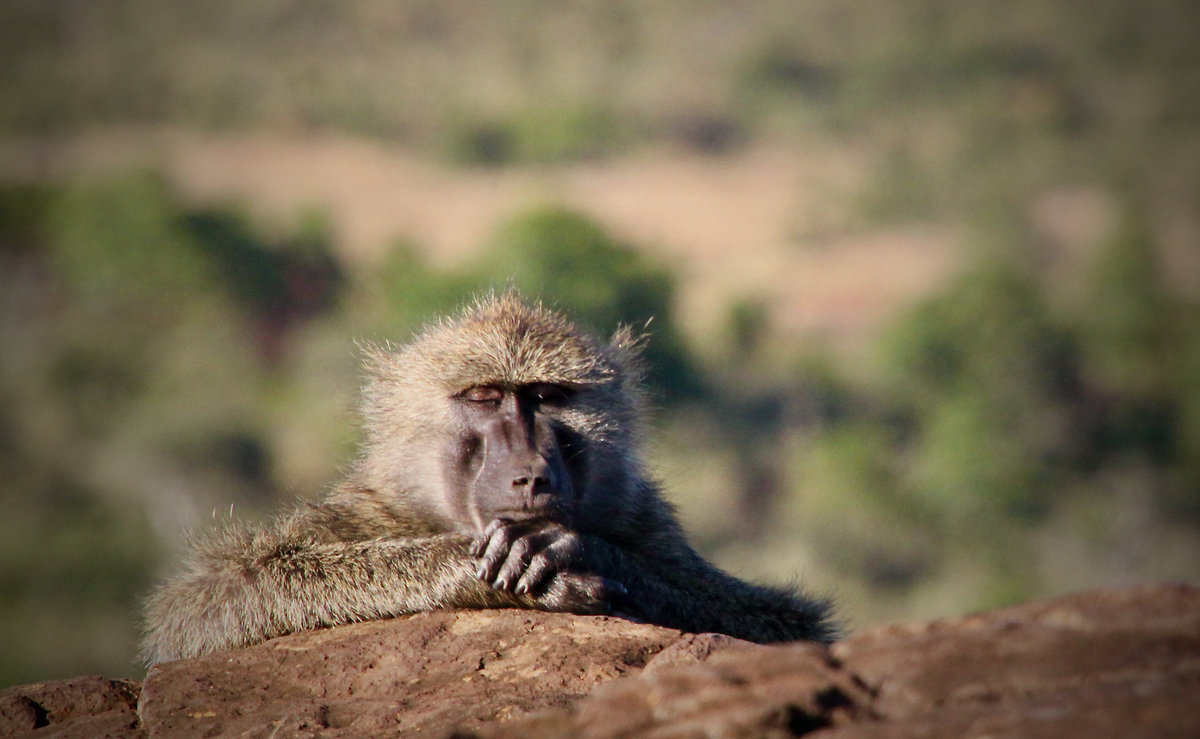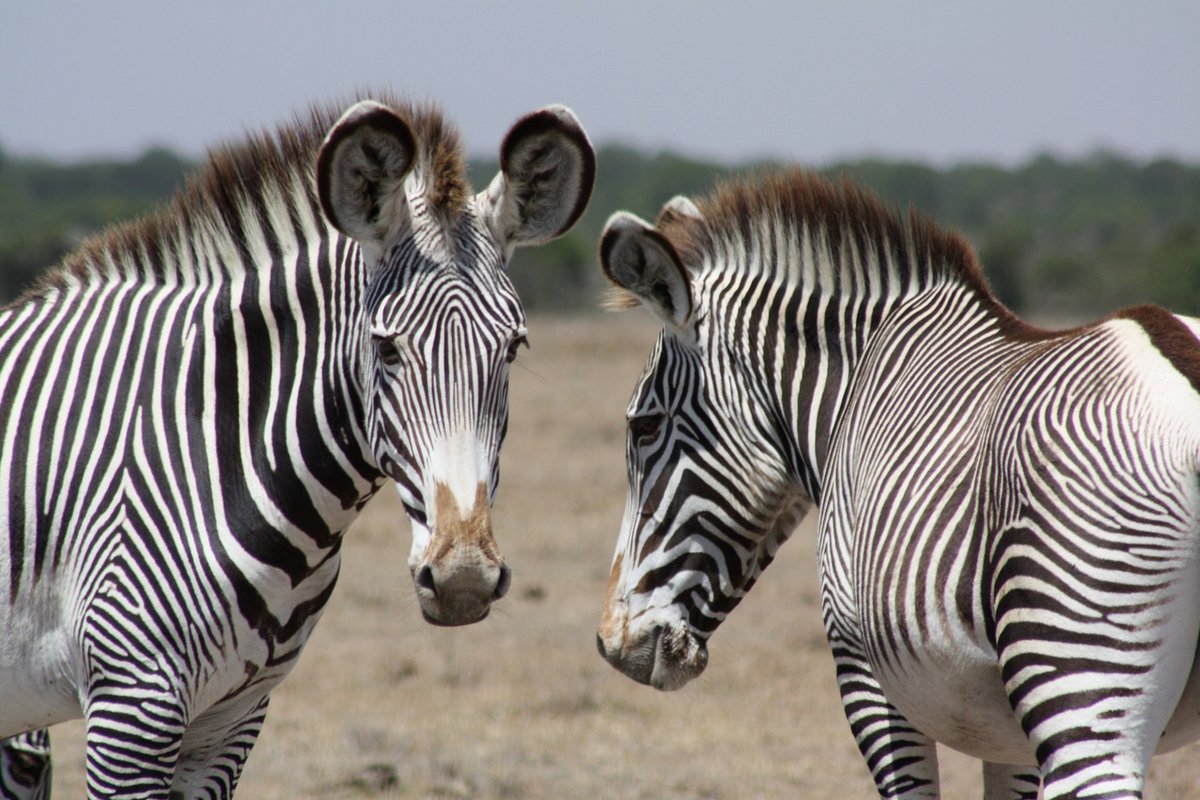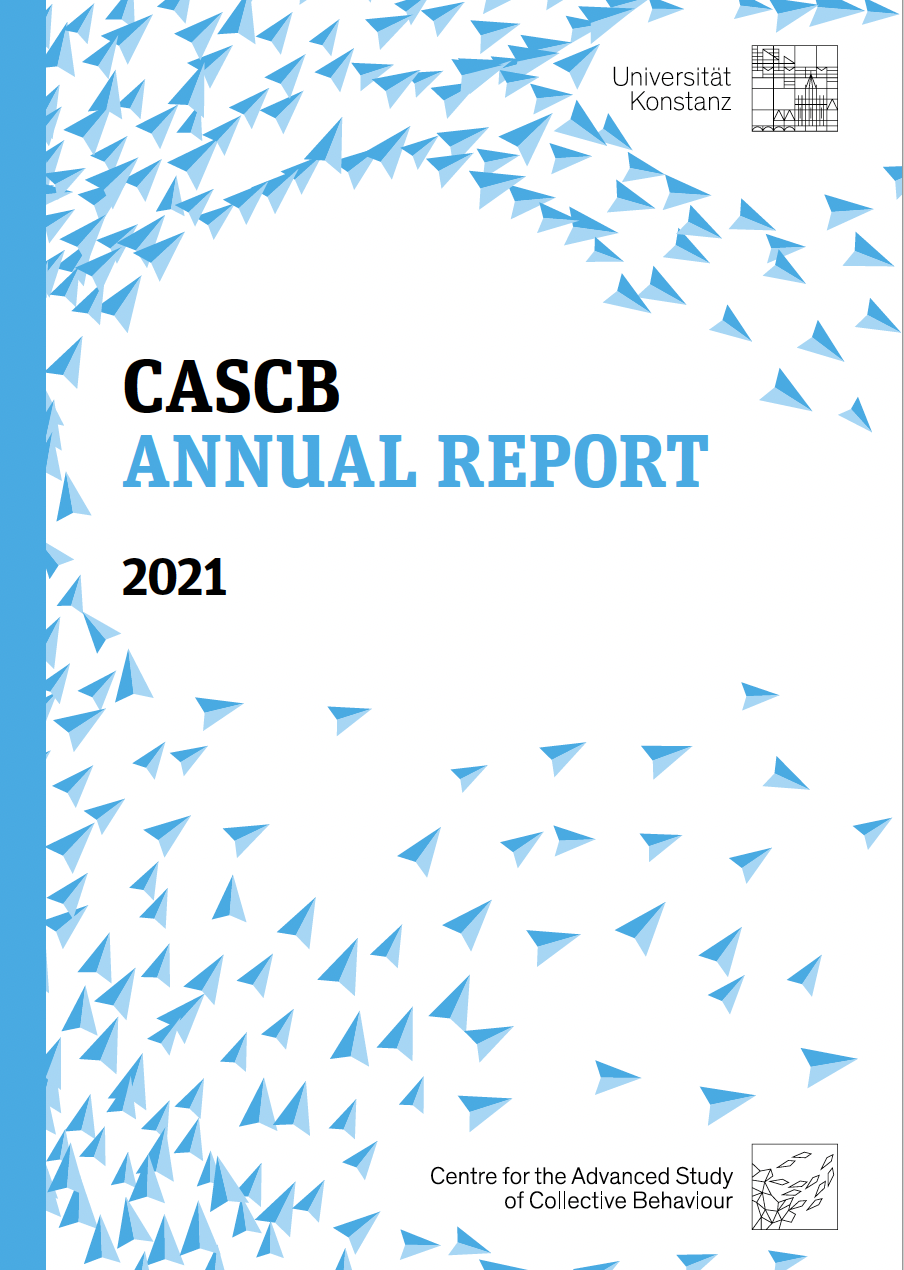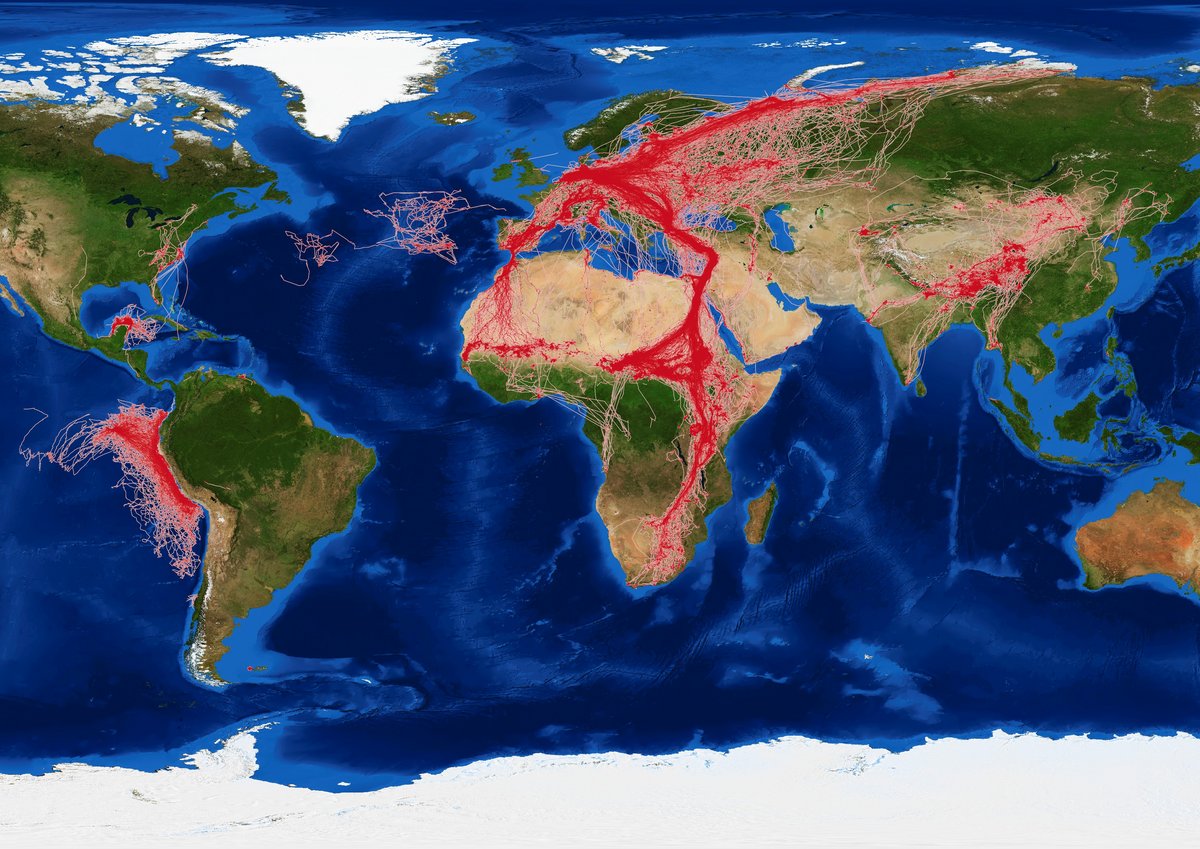
No time to nap in nature
The first study ever to examine sleeping behavior in a wild group of primates has challenged a central tenet of sleep science: that we must make up for lost sleep. Even after sleeping poorly, wild baboons still spent time on other priorities, such as socializing with group-mates or looking out for predators, rather than catching up on lost sleep. The team of scientists from the Max Planck Institute of Animal Behavior, the Centre for the Advanced Study of Collective Behaviour at the University of…
Read more








